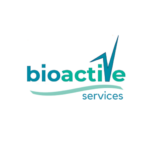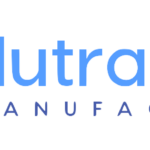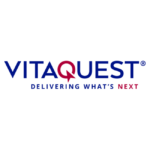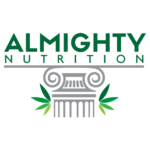Bodybuilding supplements are dietary products used by bodybuilders, weightlifters, and athletes to increase lean body mass, improve performance, and decrease body fat. Common bodybuilding supplements include protein powders (such as whey and casein), amino acids for muscle growth and recovery, creatine for strength and endurance, omega-3 fatty acids for joint health, beta-alanine for delaying muscle fatigue, and vitamin D for bone health. Despite their popularity, the safety and efficacy of many bodybuilding supplements can be controversial due to potential undisclosed or banned ingredients. It is crucial to consult a healthcare provider before using these supplements.
What are private label bodybuilding supplements?
Private label bodybuilding supplements are produced by one company and then sold under another company’s brand name. These bodybuilding supplements include products like protein powders, pre-workouts, post-workouts, amino acids, creatine, and natural testosterone boosters. They are designed to help bodybuilders build muscle, reduce soreness, recover quickly, and boost energy. Since bodybuilders follow strict nutritional regimens, private labeling allows retailers to offer customized, high-quality supplements that meet specific dietary needs, such as vegetarian, gluten-free, or allergen-friendly formulas. These private label supplements are often available at a lower cost compared to branded products. By partnering with reputable manufacturers such as Makers Nutrition, retailers ensure that these supplements meet high standards for quality, safety, and regulatory compliance.
What is contract bodybuilding supplement manufacturing?
In contract bodybuilding supplements manufacturing, the company partners with a third-party manufacturer to produce their supplements. This allows the brand to benefit from the manufacturer’s expertise, facilities, and resources for formulation, production, quality control, packaging, labeling, and regulatory compliance. The contract bodybuilding supplements manufacturer ensures product quality and safety, adheres to Good Manufacturing Practices (GMP), and offers customization options for unique flavors and packaging. This partnership allows brands to increase production as needed, reduce overhead costs, and focus on marketing, sales, and distribution without substantial capital investment in production facilities.
Top bodybuilding supplements of 2024
Here are some top bodybuilding supplements of 2024 with their benefits:
- Whey Protein Isolate: Fast absorption, high protein content
- Creatine Monohydrate: Enhances strength, power, and muscle mass
- Branched-Chain Amino Acids (BCAAs): Supports muscle recovery and reduces soreness
- Beta-Alanine: Improves endurance and reduces fatigue
- L-Citrulline: Boosts blood flow and enhances muscle pumps
- Pre-Workout Formulas: Provides energy, focus, and endurance
- Casein Protein: Slow digestion, ideal for nighttime recovery
- Omega-3 Fatty Acids: Reduces inflammation and supports joint health
- Multivitamins: Ensures daily micronutrient needs
- Glutamine: Supports immune function and gut health
- Protein Bars/Powders: Convenient protein sources for muscle building and recovery on the go
These bodybuilding supplements have been chosen based on their efficacy, scientific backing, and popularity among the community.
What is the market size of bodybuilding supplements?
The global bodybuilding supplements market is projected to reach $52.3 billion by 2030, with a growth rate of 9.06% from 2024 to 2030. The United States market is also anticipated to experience substantial growth over the next decade.
How to find bodybuilding supplements private label and contract manufacturers?
If you’re looking for a private label and contract manufacturer for bodybuilding supplements, start by searching online on platforms like Find My Manufacturer and Alibaba. Look for reputable manufacturers specializing in bodybuilding products such as protein powders, pre-workouts, and creatine, ensuring they follow good manufacturing practices (GMP) and have quality control measures in place. Create a unique brand identity with a distinct name, logo, and packaging that appeals to your target market. Register your business and obtain the necessary permits. Determine your product line based on market demand and conduct market research to understand your audience and competition. Obtain quotes from multiple manufacturers, compare their minimum order quantities, pricing, and capabilities, and negotiate favorable terms for your agreement. Partner with an experienced GMP-compliant manufacturer to launch high-quality products that align with your brand vision.
-150x150.png)








